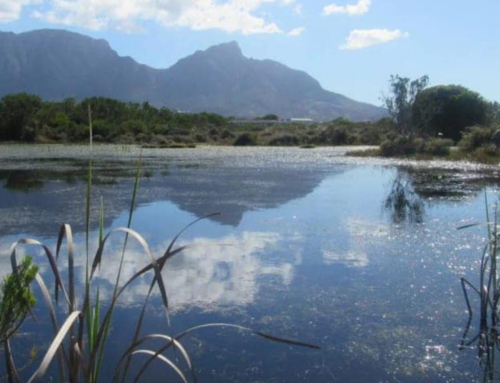As we celebrate the International Mother Language Day, it’s important to recognise that there’s another language that we all share, the language of nature. The environment speaks a language that everyone understands, regardless of their native tongue, culture or background. From the sound of a bird’s chirp to the smell of the ocean breeze, nature communicates with us in many ways.
Environmental education plays a crucial role in helping us understand and interpret the language of nature. It teaches us to appreciate the beauty and diversity of the natural world, and how to live in harmony with it. By understanding the natural world, we can also learn to protect it, ensuring that future generations can enjoy its wonders.
One of the ways that nature speaks to us is through its biodiversity. Every species has a unique role to play in the ecosystem, and their interactions with other species are complex and fascinating. Through environmental education, we can learn about the interconnectedness of all living things and the importance of preserving biodiversity.
Another way that nature communicates with us is through the changing seasons. The blooming of flowers in the spring, the warmth of the summer sun, the changing colours of the leaves in autumn, and the stillness of the winter cold, all speak to us in their own way. These seasonal changes remind us of the natural rhythms of the world and help us appreciate the passing of time.
The language of nature is not just visual and auditory; it’s also tactile and olfactory. The feel of cool water on our skin, the smell of freshly cut grass, and the taste of a ripe fruit all connect us to the natural world. These experiences remind us that we are part of a larger ecosystem and that we depend on it for our survival.
Finally, the language of nature is also reflected in our own behaviour. By observing the natural world, we can learn important lessons about cooperation, resilience, and adaptability. We can also learn about the consequences of our actions and how to reduce our impact on the environment.
The language of nature is a universal language that speaks to everyone. Through environmental education, we can learn to understand and appreciate this language, and in doing so, become better stewards of the environment. As we celebrate the International Mother Language Day, let us also celebrate the language of nature, which connects us all.






